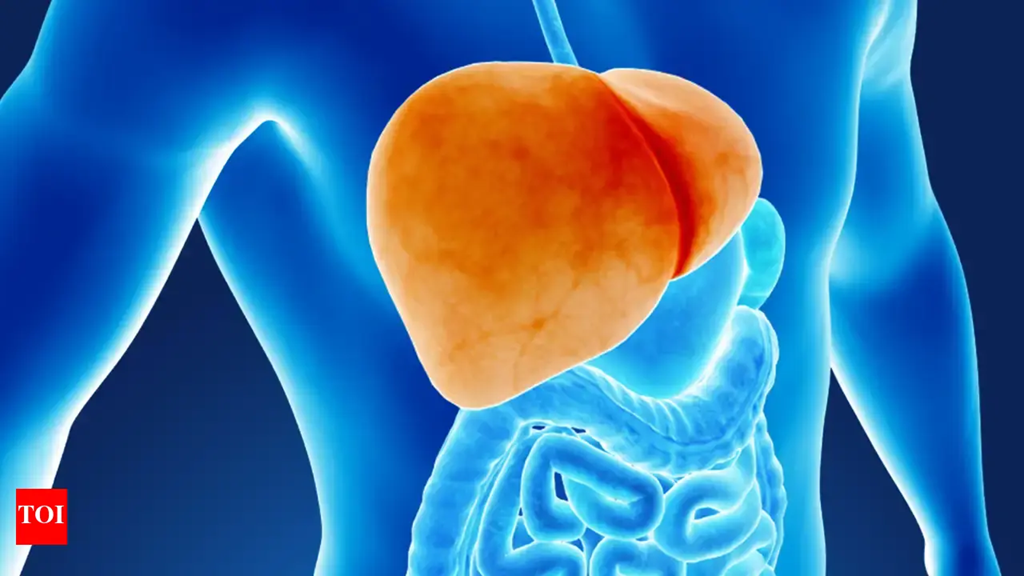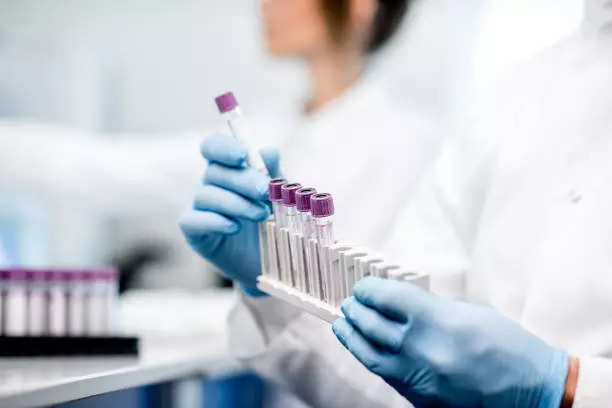
A new study from researchers at the University of Pittsburgh and Yale University shows how common bacteria found in the human gut can influence how medications that target G protein-coupled receptors (GPCRs) are metabolized, rendering them less effective. The study, published in Nature Chemistry, could have implications for more than 400 approved medications for the treatment of a range of conditions including migraines, depression, type 2 diabetes, some forms of cancer, and more.
“Understanding how GPCR-targeted drugs interact with human gut microbiota is critical for advancing personalized medicine initiatives,” said the study’s first author Qihao Wu, PhD, an assistant professor at the University of Pittsburgh. The study could have significant implications for future drug design and therapeutic optimization.
GPCR-targeting drugs, which include treatments that make up a substantial portion of FDA-approved medications. Despite their widespread use, the efficacy of these drugs varies greatly between individuals, influenced by age, genetics, diet, and more recently, the gut microbiome. For this study, the team looked to investigate whether specific bacteria altered the chemical structure of these drugs, potentially reducing their effectiveness.
The study centered on a novel experimental pipeline to analyze the interactions between gut bacteria and GPCR-targeting drugs. Wu and colleagues assembled a synthetic microbial community consisting of 30 common bacterial strains typically found in the human gut. They then tested 127 GPCR-targeting drugs on this bacterial mixture and measured whether the drugs were chemically transformed and, if they had been, what resulting compounds were created.
“The experiment showed that the bacterial mix metabolized 30 of the 127 tested drugs, 12 of which were heavily metabolized,” Wu explained. This heavy metabolism often resulted in the depletion of the original drug as it was broken down into other compounds, potentially rendering the drugs less effective.
One drug in particular, iloperidone, which is approved for the treatment of schizophrenia and bipolar disorder, was found to be heavily metabolized by these bacteria, specifically by the bacterium Morganella morganii. This bacterium transformed iloperidone into several different compounds in both laboratory tests and in mice, essentially inactivating the drug.
The findings suggest that gut bacteria can play a significant role in how well GPCR-targeted drugs perform in certain individuals. This discovery has implications for developing new treatment protocols that could include microbiome interventions or adjustments in drug prescriptions.
Wu noted that this new information could be used to further understand the interactions between gut bacteria and compounds found in our diet. “For example, we identified a couple of phytochemicals in corn that may affect gut barrier function,” Wu said. “Notably, we observed that the gut microbiome could potentially protect us from these phytochemicals by detoxifying them.”
Wu and colleagues now intend to attempt to decode the metabolic pathways involved in the biotransformations caused by these bacteria. The hope is that developing a more complete understanding of how bacteria can alter the effectiveness of drugs, could lead to more personalized treatments by incorporating microbiome considerations into drug design, as well as develop drugs that take into account individual variation in gut bacteria.








![Best Weight Loss Supplements [2022-23] New Reports!](https://technologytangle.com/wp-content/uploads/2022/12/p1-1170962-1670840878.png)




